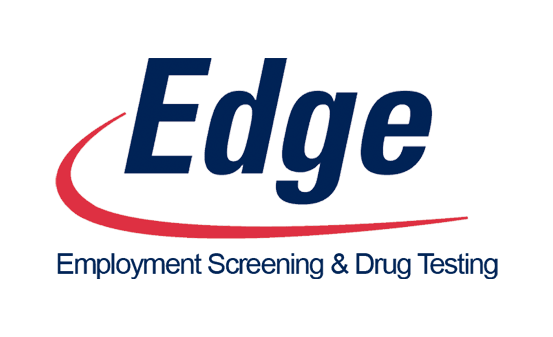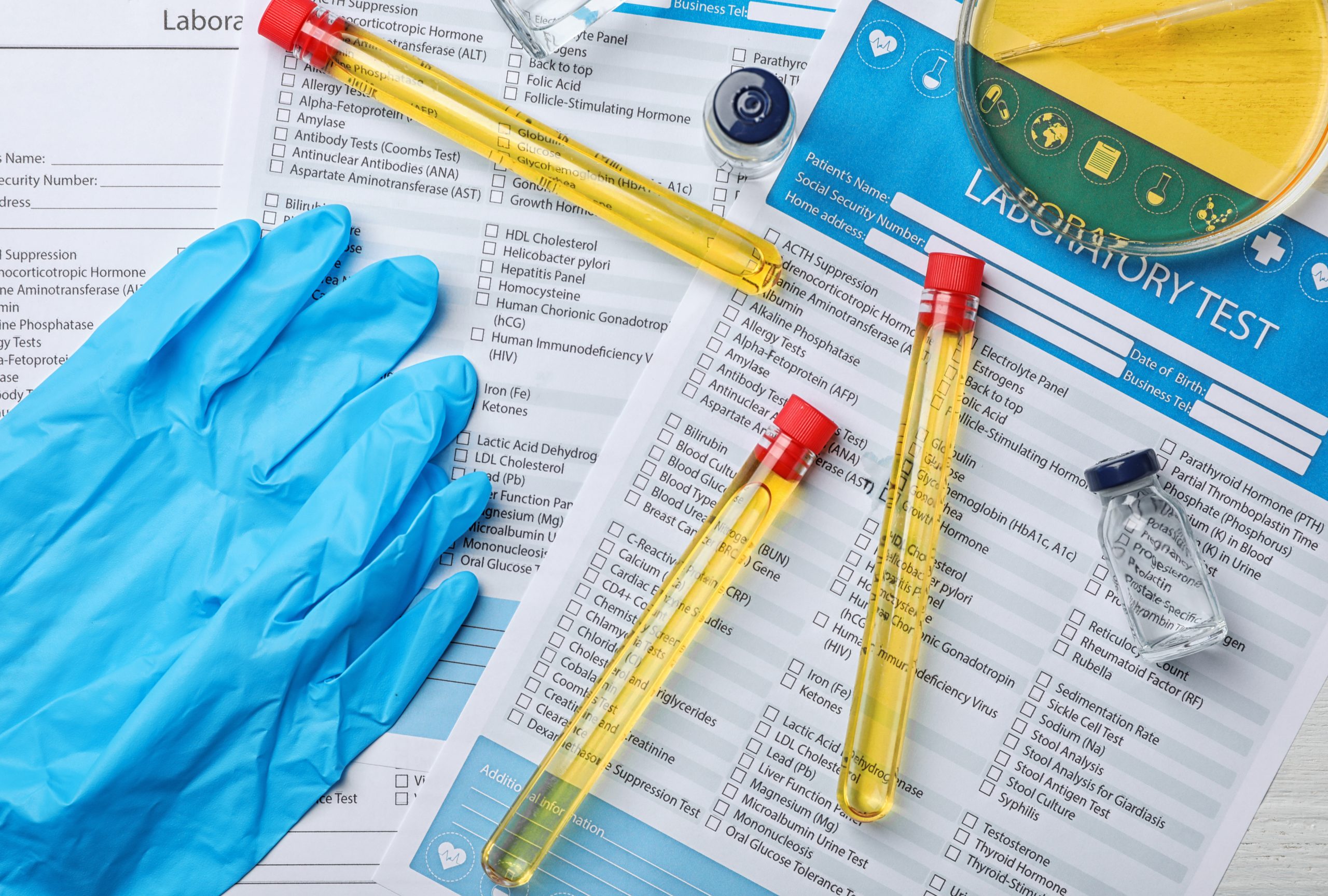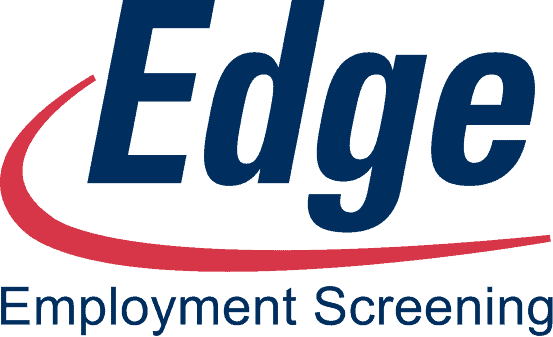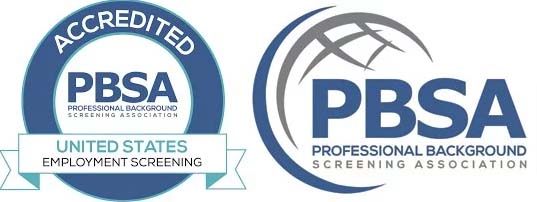What Is an Occupational Health Assessment?
Many industries and vocations have extremely critical health and safety requirements, and any dangers to them must be managed. However, this goes beyond merely the dangers related to the job at hand and the workplace.
Employers may also take into account a worker’s health and wellness, suitability for the position, and if any accommodations at the workplace are required.
Employer health exams can assess if job applicants or recruits are capable of carrying out their duties. Occupational health pre-employment screening assists in the effort to keep all employees in the workplace safe and productive. It’s also crucial to keep in mind that both employers and workers are protected by law.
An occupational health assessment’s main goal is to reduce the risk of workplace accidents. Most frequently, they determine a person’s physical suitability for a position. Additionally, they may spot pre-existing illnesses or injuries that may put an employee at higher risk of specific dangers.
In this post, we go over the definition of a health screening for employment, the legal requirements for such assessments, and how to be ready for one.
What Does a Health Test for Work Entail?
An employer may require you to have a medical examination as part of a pre-employment occupational health screening process. If you are applying for a job or have just accepted one, an employer may require you to complete a health examination.
The precise form of health screening is determined by elements like your location and the duties of your employment. A few examples of workplace health exams are:
- Routine Physical
- Alcohol or Drug Test
- Vision or Hearing Tests
- Physical tests, such as Jogging or Lifting Weights
- Vaccinations or Titers
The Advantages of Occupational Health Screening for Employees
- Lowering Of Health Risks
- Better Performance On The Job
- Better Physical And Mental Wellbeing
- Finding Previously Unknown Health Issues
- Obtaining Lifestyle Guidance To Improve Overall Health
The Advantages of Occupational Health Screening for Employers
- Decreased Absences or Illness
- Increased Productivity, Engagement, And Worker Retention
- Greater Opportunity For Collaboration
- Higher Satisfaction Levels Within the Workforce
- Respect and Compliance with Statutory Requirements
Types of Health Examinations for Employment
Here are a few typical forms of employment health exams:
1. Testing For Drugs And Alcohol
Typically, saliva, sweat, hair, or urine may be tested for the presence of drugs or alcohol during a drug or alcohol test. This is usually accomplished off-site at a collection facility or by scheduling a time for a collector to come on-site to do a group of candidates or employees at one time.
2. Routine Physical
A typical physical exam provides a general evaluation of your state of health. Similar to drug screening this process can be scheduled electronically at a medical facility close by and the type or depth of the physical exam may be designed to fit the occupation.
3. Tests of Physical Fitness
Physical endurance, lifting strength, or even flexibility may be evaluated through physical testing. These examinations could entail lifting a particular amount of weight, completing simple job-related activities, etc. Typically, only jobs that need physical fitness, like police or working in a warehouse, will ask you to take a physical ability exam.
Advice on How to be Ready for Your Employment Health Examination
The following tips will help you get ready for your occupational health pre employment screening:
1. Be in Your Best Physical State.
Take the following actions the day before the exam to ensure that you are ready and at ease and consider making some overall lifestyle changes if necessary:
- Reduce your exposure to loud noises that can harm your ears.
- Have a restful night’s sleep.
- Reduce the amount of chemicals you consume that might harm your health. Consider switching to herbal tea a few hours before your exam, for instance, if you are aware that caffeine might occasionally make your heart beat faster.
- Eat healthy meals.
- Do some stretches or brief exercises before a physical ability assessment.
- Take in a lot of water.
2. Bring Whatever You Think You Might Need
For information on what to bring, check with your possible employer and any other organizations taking part in your screenings. The following supplies can be necessary for your evaluation, depending on its nature:
- A valid ID
- A list of your present prescription and over-the-counter drugs
- The aids you wear, such as your glasses or hearing aids
- Your medical history, including any allergies and previous operations,
- Documents from your employer regarding particular treatments or lab orders
3. Try to Relax.
Although job-related health checks might be nerve-wracking, try your best to remain composed. Your health exam is being conducted by a doctor, psychologist, or other healthcare provider who only wants to provide an accurate assessment of your health.
Keep in mind that your employer wants you to perform your job safely and effectively, which is why they require a health screening. When questioned about your medical background, be truthful. You may ask the doctor or psychologist to rephrase a question if you’re not sure what it means.
To Conclude
An employee pre-employment occupational health screening as part of an occupational medical examination is a commonly used way to help protect workers from being placed in positions that may not be good for their health. It provides an assessment of their health only specifically regarding the type of work they are applying to do. These programs also inform participants about necessary food and lifestyle changes if a serious ailment is discovered to be present.
Overall, an occupational health screening has several advantages for both individuals and companies. Even more specific preventive health packages are provided by some businesses.










